
The way that we would like to be
by Marco Crescenzi
english traslation made by Gloria Antonini
Reflections and an in-depth analysis of culture, science, and the fundamental role of scientists and researchers. The ethics, passion, and honesty of the scientist are challenged today by many factors. Like a composer, the scientist puts joy and pride in his work, to participate, in the first person, in the construction of a small fragment of knowledge
The most surprising creation of humankind is not the Great Wall of China. It is not the Great Pyramid of Giza. The highest-reaching is not the Burj Khalifa in Dubai. The grandest achievement of humanity is its multifaceted culture, which has been evolving for hundreds of thousands of years, shaped by the significant contributions of countless men and women throughout history.
Much of our knowledge is rooted in science, which examines the natural world in all its facets. From physics, which delves into the profound essence of our universe, to chemistry, which enables us to create substances and materials often absent in nature, to biology, which has unveiled the immense complexity of the only life we know. Furthermore, psychology, sociology, and economics allow us to explore human behavior and self-understanding. Geology investigates our planet and the celestial bodies nearest to us, while astronomy extends into the realm of cosmology…it is truly remarkable to consider the vast amount of knowledge we have generated, leading to an understanding of reality that far surpasses the limits of our senses and perception.
In this article, I would like to reflect on the role and ethics of researchers—one of the many undervalued professions in Italy – if we consider knowledge to be our greatest asset, then we must acknowledge the contributions of scientists from all places and times, who have provided us with one of the most precious gifts we can offer our fellow human beings.
We continue to rely on researchers to expand and deepen our understanding, and we must empower them to perform their work to the best of their ability. They are dedicated to exploring nature and pushing the boundaries of knowledge about the world. They know that the unknown ocean they navigate in their modest vessels is infinite, and no scientific advancement will ever allow us to glimpse the shore of our final destination from the top of the main mast.
Unfortunately, in recent decades, science has undergone a progressive transformation. More than in the past, it is plagued by excessive competition, plagiarism, mercenary publications, conflicts of interest, and the alteration or outright falsification of results. These aberrations not only undermine academic knowledge but also have serious consequences in practical applications. The most despicable example is medicine, where false or biased data harms and kills countless patients daily. These intolerable distortions largely stem from the corporatization of the scientific enterprise, similar to other public functions. This shift has occurred in the scientific world since the 1990s as part of a New Public Management approach rooted in neoliberalism. It is a system that attempts to manage scientific research like a business, measuring its quality and results through objective indicators. This method has been entrenched for so long that it seems inevitable and inherent to the scientific enterprise. However, it is neither functional nor beneficial. It has led to suffocating bureaucratization, the distorted use and abuse of indicators such as the impact factor and h-index, the widespread prevalence of precarious employment in scientific careers, and the notorious publish-or-perish, that forces scientists into a frantic race for publication. This race, while increasing the quantity of scientific products, inevitably degrades their quality and reliability. We must defend researchers from this empty corporatist view of research while reminding them of the founding deontological values of the profession they exercise.
We know that scientists are ordinary people, subject to weaknesses and shortcomings like anyone else. The ethics that should always guide them can start from one fundamental assumption: the scientist always works for humanity. This statement, which may initially seem idealistic, naive, or rhetorical, arises from a simple observation: throughout history, discoveries and inventions made in specific times and places have eventually spread to the entire world, including those that are most jealously guarded, secret, or even intended for military purposes. Thus, scientists may believe they are working solely for themselves, their institutions, or their countries. However, in the end—whether they are aware of it or not, whether they intend it or not—the fruits of their efforts benefit everyone on the planet. Today, this dissemination occurs even more rapidly due to the swift spread of information and the interdependence of the world’s peoples. Using a well-known metaphor, we can say that scientists are constantly laying their stones on the network of knowledge built by all those who came before them. It is a singular construction, the most public endeavor that exists, always open and accessible to all of humanity.
We can derive a scientist’s ethics from their obligations to humanity. Scientists must be upright, objective, and impartial; any bias, selfishness, or deception can adversely affect the rest of the world. Therefore, for a scientist, intellectual rigor must be fundamental: they should never even consider taking shortcuts or adjusting data for personal gain—the answer is always no. Scientists must cooperate with their colleagues, as they are all working towards a common goal. While competition among them is acceptable, it must be fair and constructive, not dishonest or conflicted.
Additionally, scientists have a responsibility to educate and train young researchers. Their commitment to humanity does not end with the present generation but extends to all those who will come in the future, as the process of knowledge-building is enduring. The knowledge that a scientist generates belongs to everyone, not just other researchers; it is akin to art or other works of human ingenuity that enrich our lives and serve as an inheritance for future generations.
The knowledge production system should not push researchers to violate this moral code, as it, unfortunately, does today. Scientific research requires study, commitment, patience, time, effort, and dedication. It can lead to significant frustration, as the fruits of their labor are not always commensurate with the investment made. Despite this, why do scientists love their work? The reasons are certainly numerous and varied, but I would like to highlight just one.
Elsewhere, I wrote that researchers are inherently curious; however, they do not work solely to satisfy this curiosity—much of it can be fulfilled by delving into the vast treasury of knowledge we have accumulated. Rather, I believe that for many of us, questioning nature is akin to playing music. Those who play an instrument typically do not aspire to deliver a sublime performance; such performances can easily be purchased for a few dollars. Instead, they play for the unique pleasure of creating music. Likewise, many scientists engage in their work for the joy and pride of contributing their stones to the immense cathedral of knowledge.
This short article is primarily directed at the students who are preparing to become the scientists of tomorrow. The deeper meaning of their studies is to receive from the generation before them, through their teachers, the torch of knowledge. I hope they will hold it high, carry it as far as possible, and never let it fall.
Marco Crescenzi, physician and Director of the Large Instrumentation and Core Facilities Service at ISS (Istituto Superiore di Sanità)


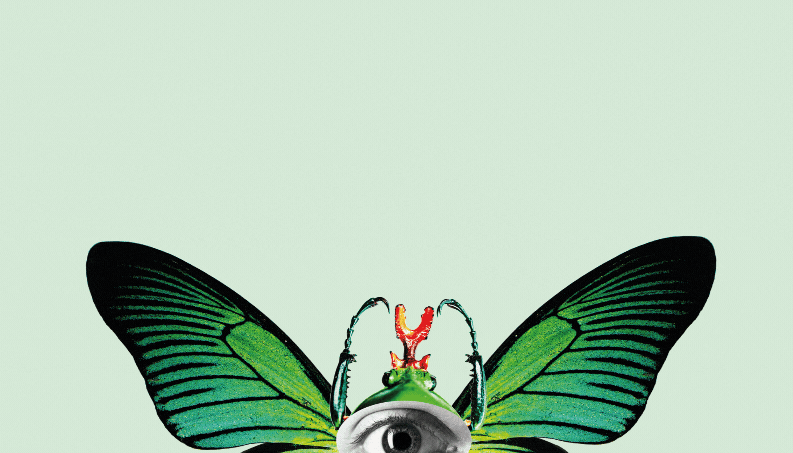


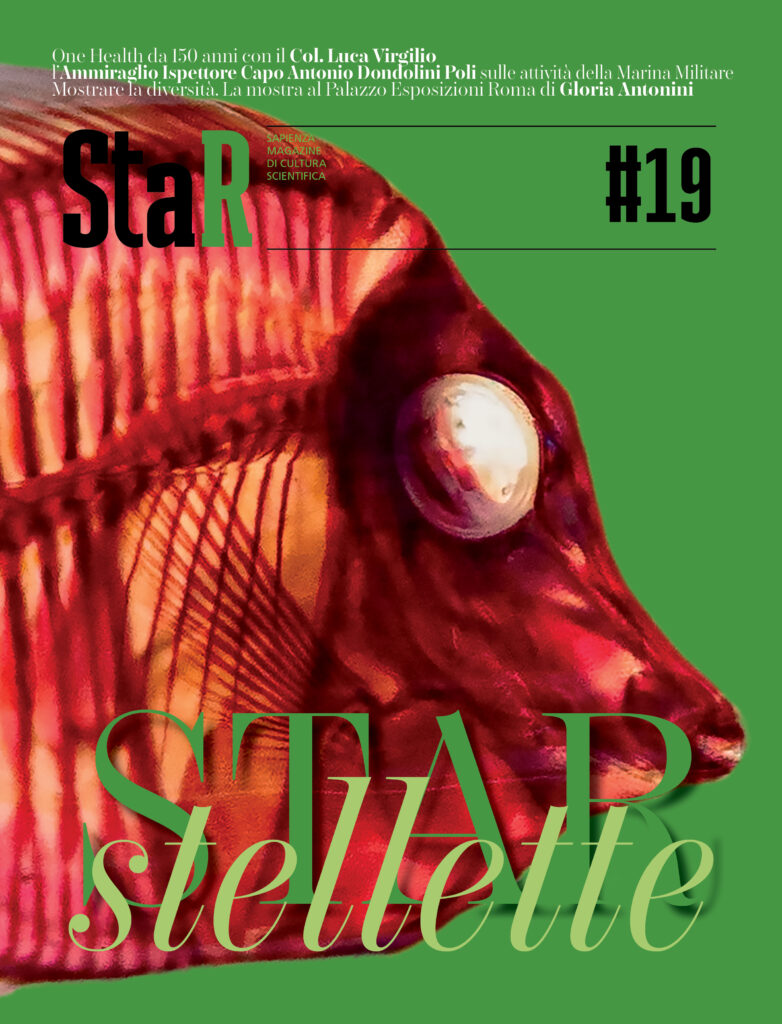





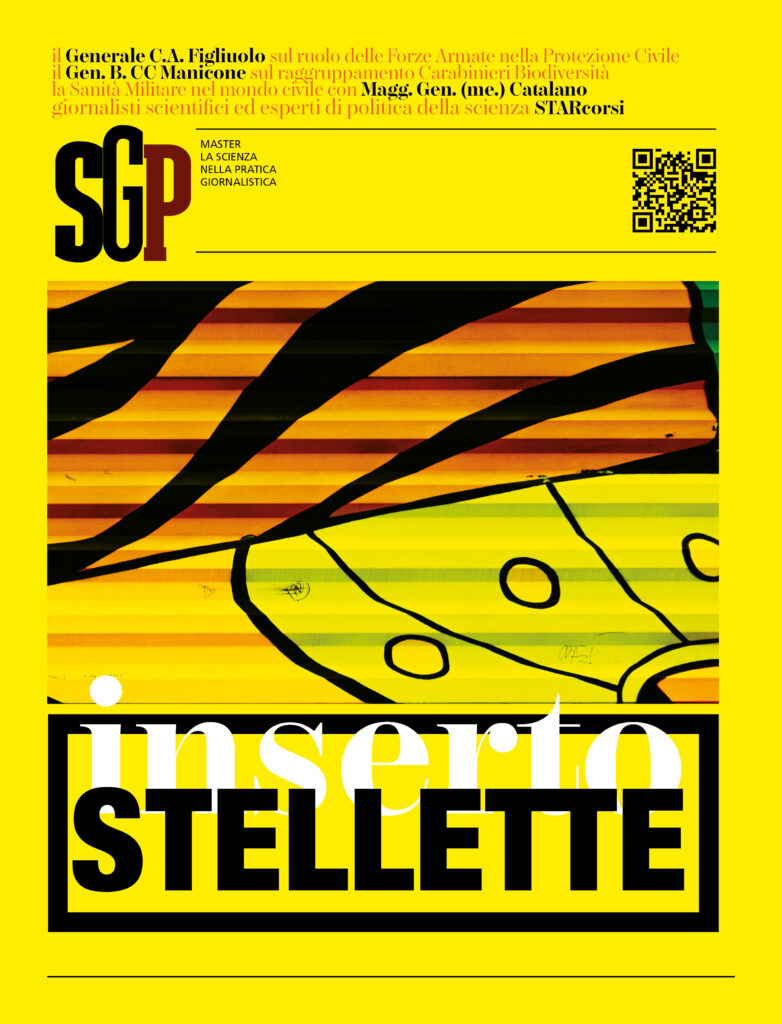

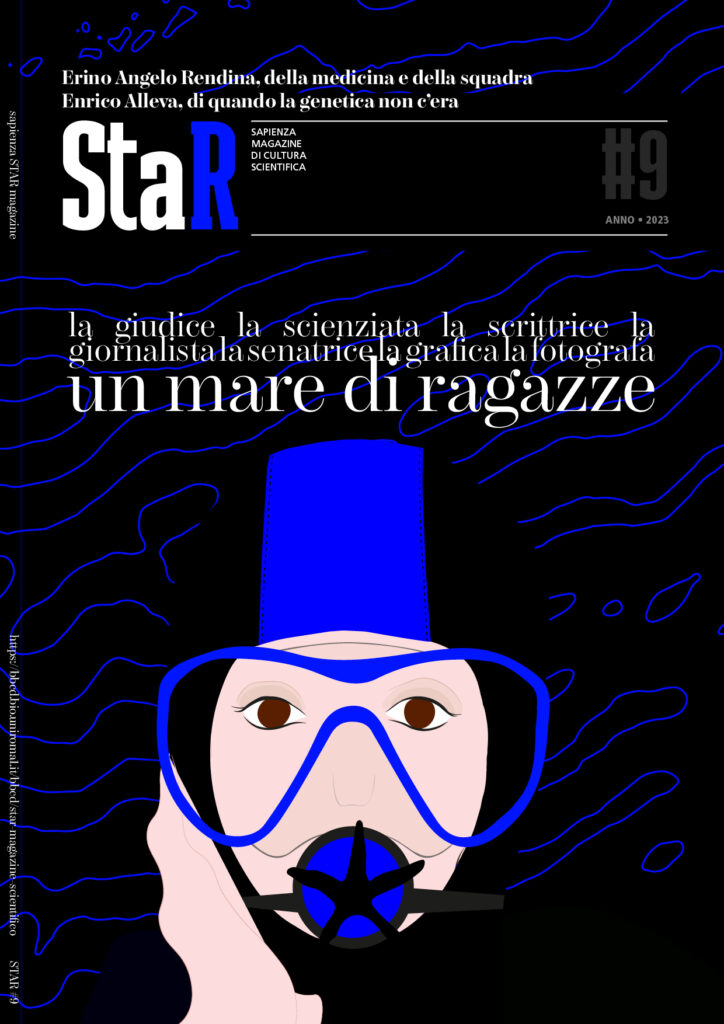
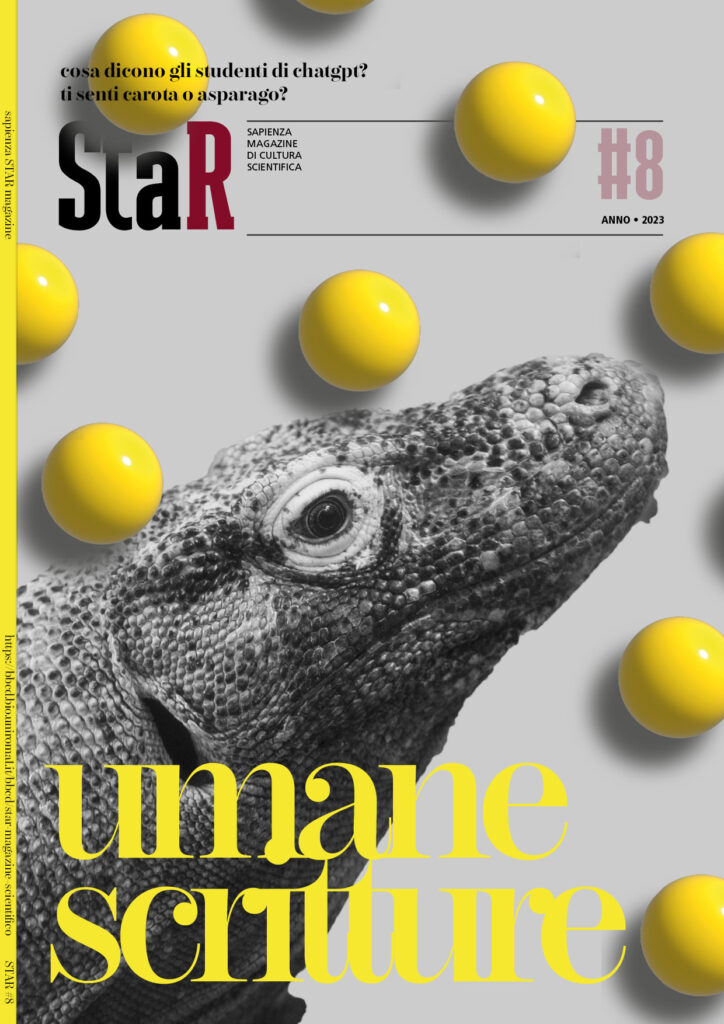
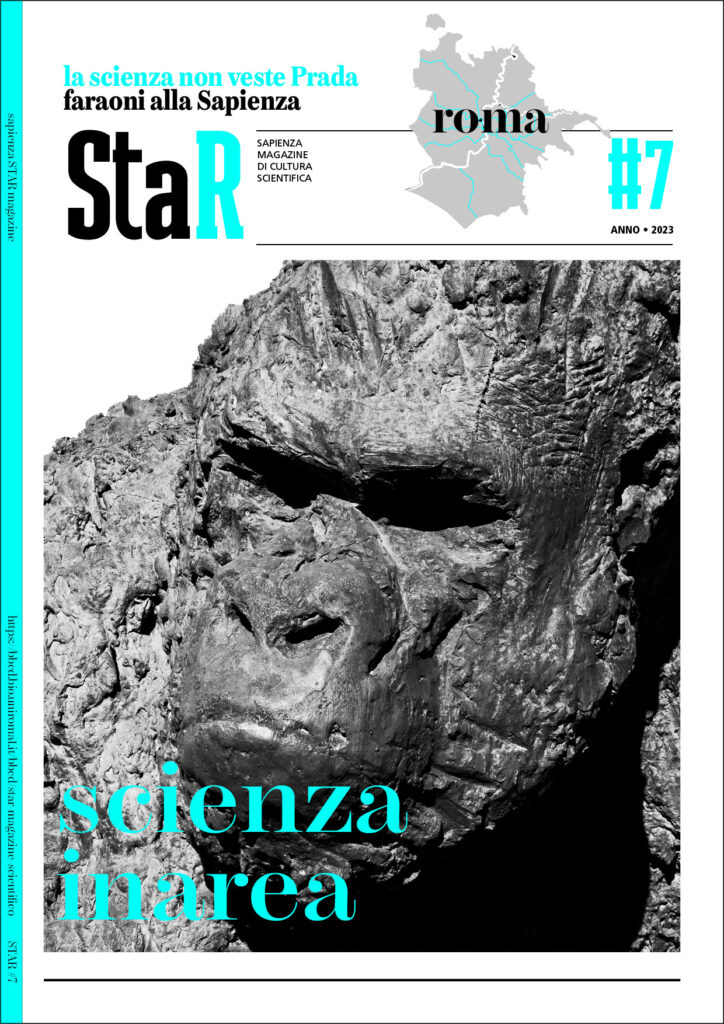

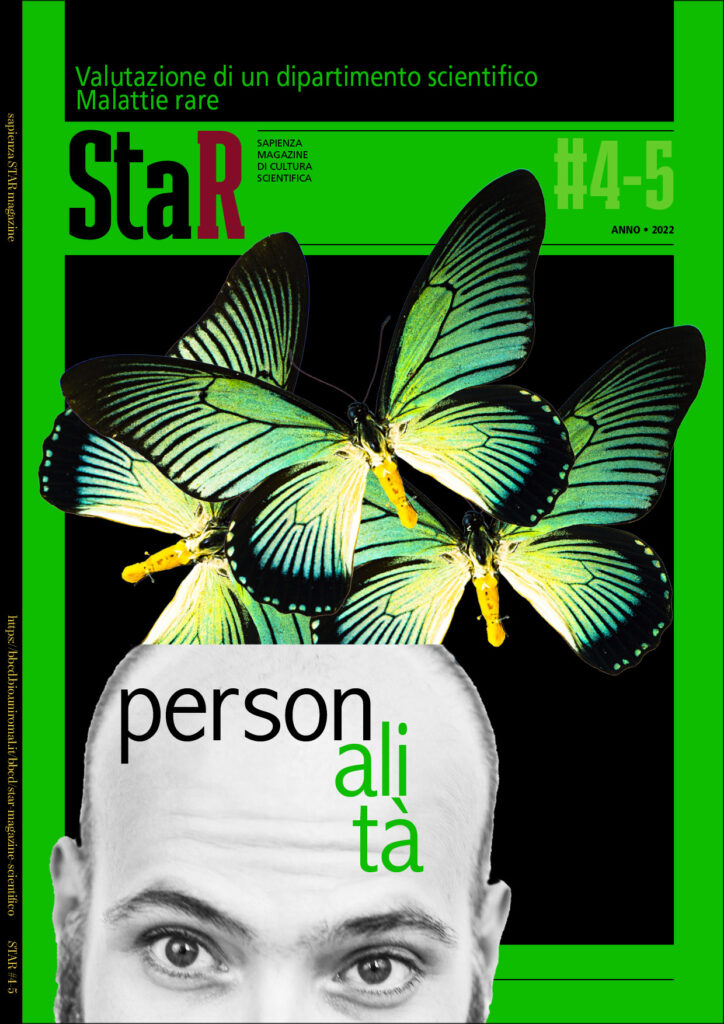

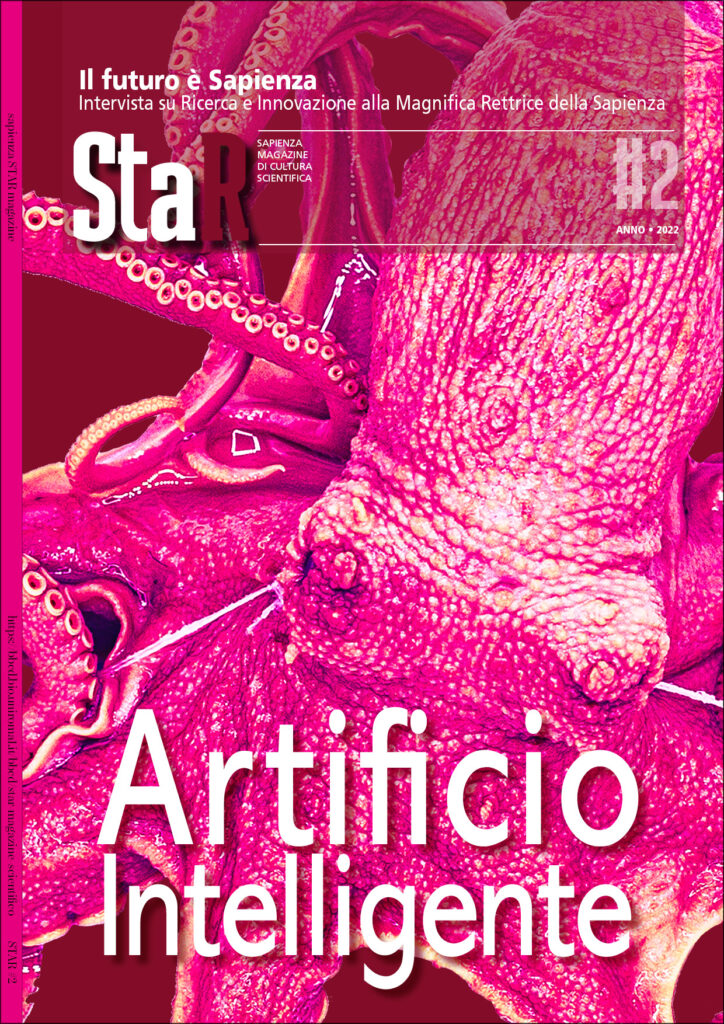

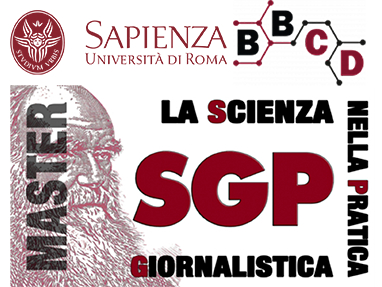
Commenti recenti